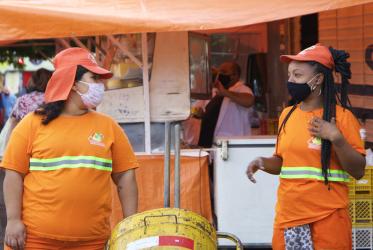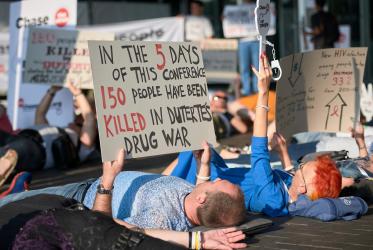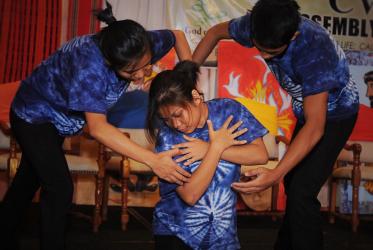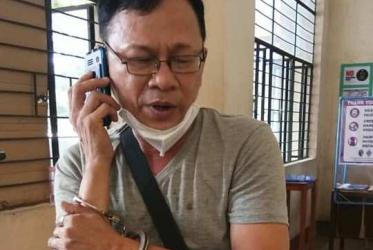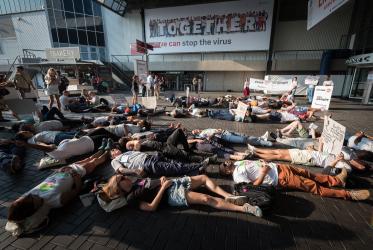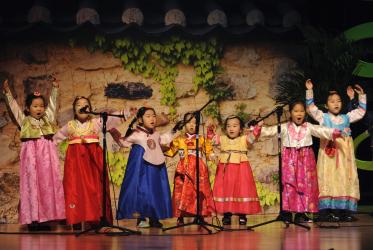Displaying 81 - 100 of 429
05 November 2020
New student body at Bossey Ecumenical Institute “a source of joy”
14 September 2020
In Season of Creation, “no action or initiative is too small to begin”
09 September 2020
Online panel will explore tax reform from faith-rooted perspective
09 September 2020
Zacchaeus Tax and Jubilee Now! - GEM School 2020 Public Webinar
14 September 2020
